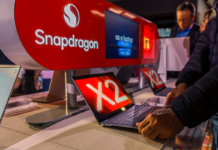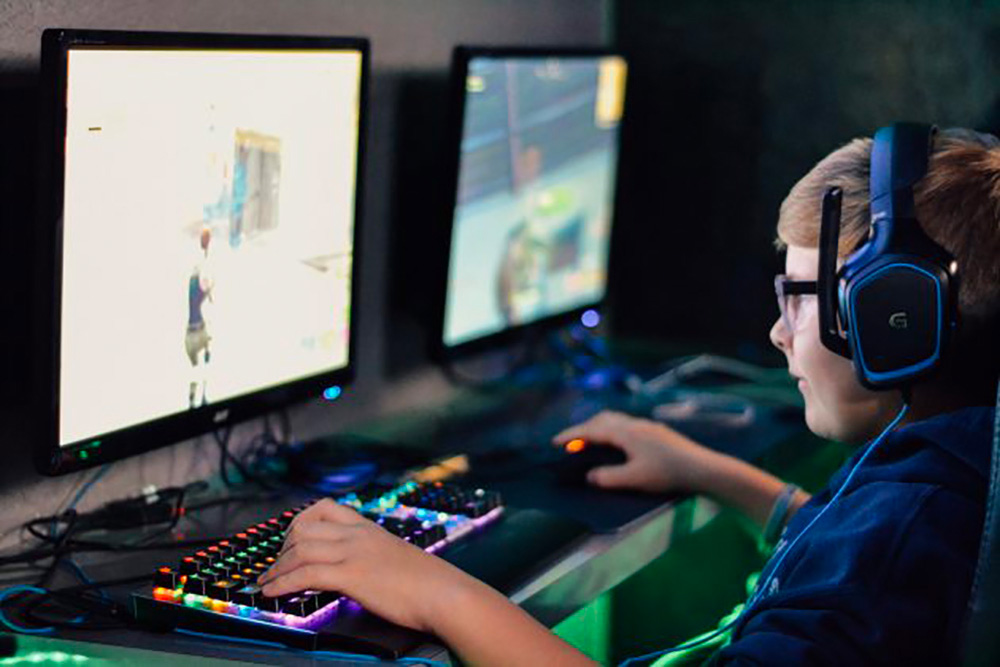
Sure, buying a Gaming PC off the shelf is nice. You point at the pretty box that you want, slap down your cash, and walk out of the store. But there’s a time in every gamer’s life when they wonder “can I build a better gaming PC for myself?” And the answer to that question is “Yes!”. Building your own gaming PC puts you in charge of every decision, giving you the customized rig of your dreams.
Before you build your Gaming PC
There are an endless number of combinations that you could make when building your gaming PC. It might feel overwhelming, and expensive. Answering these questions ahead of time will save you headaches during the build process.
- How much are you willing to spend? Take a deep breath, relax, and set a budget.
- You know what games you like, so check their recommended technical requirements.
- Do you want something flashy or will your spouse complain about the constant light show your PC is emitting?
- What PC case size is the right fit for you?
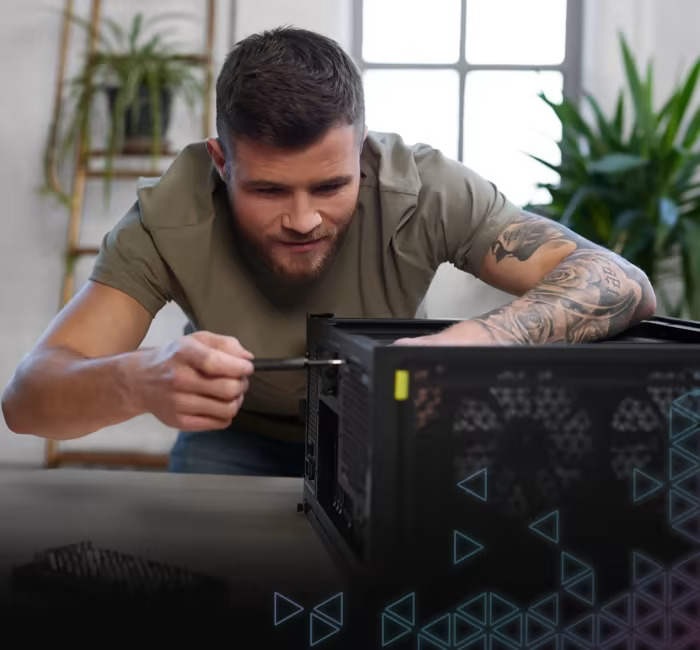
Build you own Gaming PC: components
PC Case
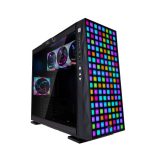
You could mount all the components you’ve bought onto a big sheet of plywood and mount that to the wall. I advise against that. Instead, pick a PC case that will hold all the pieces of your gaming PC. The standard shape or “form factor” of a PC case is ATX mid tower, which gives you ample room to for your current components and future upgrades. By checking the case manufacturer’s website, you can get a good idea of what component sizes and form factors are compatible with your preferred case. And aesthetics are a consideration too. If your gaming PC is going to sit prominently on your desk, why not choose a flashy case with programmable RGB lighting that will look cool sitting in your living room?
CPU
You have to start with the brain of your PC. The rest of the component choices will be shaped by which CPU you choose. There are 2 manufacturers who each offer their own line of CPUS, AMD and intel. You can’t put an intel CPU in a motherboard designed for AMD, and vice versa. Listen, I’m not going to wade into the AMD vs Intel argument. Both companies make good CPUs that have their advantages and disadvantages. But, the choice of CPU manufacturer will impact the rest of your build, so you need to make that first. Focus on number of cores and price. There are also some GPUs that have integrated graphics capability, which could help the budget-conscious PC builder. This article has a more detailed breakdown of choosing a gaming CPU: “How to choose the right CPU for your gaming PC”
Graphics card
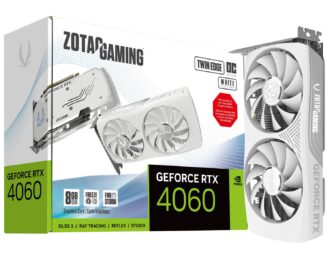
This is arguably the most important component for a gaming PC. An underpowered video card will leave the whole PC underperforming, and you will be left trying to see your digital enemies in a blur of jagged pixels and slow renders. You need to assign a good chunk of your budget to your graphics card. A brute of a graphics card may be a little bit more than your wallet can handle, but it will have a massive impact on your gaming visual quality. The important details for the rest of the PC will be the power demands of the card and the card slot or slots it requires. The wattage required for your graphics card will impact your choice of power supply.
Motherboard
You have to plug the pieces into something, and this is that something. The motherboard is the critical piece of infrastructure that lets all the other pieces do their job. You need a motherboard that is compatible with the CPU manufacturer you chose, and has the slots required by your video card. This is critical to your PC build being successful. If you buy a 13th generation CPU but have a 12th generation motherboard, the CPU will not fit in the motherboard’s CPU socket. And the form factor of the motherboard will dictate the type of case you’ll need.
You also should think about how much RAM it can hold, and what type of RAM (for example, DDR4 or DDR5) you’re planning to use. . And you need to put on your prognostication cap and predict your future upgrade path. If you plan ahead, your motherboard will have the capacity to add another video card, more storage space, and more cooling should you require it. By checking the motherboard manufacturer’s website, you can get a clear list of compatible components to help your planning process. For more details, check out this article: “How to choose the right motherboard for your gaming PC”
Hard Drive
Where will you put all your games? In the olden days, you would put physical media in a drive and load the game you wanted to play. Those days are long gone. Physical disks are an afterthought. We download games and they live on the hard drive. But with individual games now pushing 100GB or more, you need to make sure you have suitable storage space. And you need to choose a solid state drive (SSD) as your primary hard drive. The load times and overall speed improvement are impressive.
A pair of 1 TB SSDs is a good option, with one dedicated to your operating system and the other to your games and files. Another variable to consider is the connection type of the SSD: SATA or NVME. AN NVME will require a PCIE slot on your motherboard. For more information you can read “Which storage is right for you- SSD vs HDD”
RAM

I know the temptation is to get as much RAM as possible. Settle down there, friend. You could install the maximum amount of RAM your motherboard can handle, but unless you’re doing 4K video editing or similar high-powered activities, you’re not getting good value. 16GB of RAM is a good starting point, with 32GB the moderate option. You can always add more in the future, so be reasonable. You also have to decide between DDR4 and DDR5. At this point, DDR4 is more than adequate, and it’s a little easier on the wallet. Always make sure to install RAM of the same size and from the same manufacturer, to ensure top performance. Check out this article for more information: “Why does your gaming PC need more RAM?”
Power supply
This is a simple math equation. You need enough electricity to run everything you’ve put into your PC. You make a list of the wattage required for each component in the system, add it up, and then add another 15% to the total. The form factor of the power supply tells you what type of case it will fit into. And beyond the basic math, there are a few more variables to consider.
A modular power supply allows you to attach and detach power cables as you need them, instead of the unused cables cluttering your case. A non-modular PSU will have its cables permanently attached. You should think about getting an efficient power supply, that reduces the amount of energy lost to heat. Specifically, you should look for a PSU that is certified 80 plus Gold, at the very least. Also, you can look for a power supply that has cosmetic features like RGB you can program. Why not make it look cool? Here’s an article with a little more detail: “Why the power supply is critical to your gaming PC experience.”
CPU Cooling
Speaking of cool, a high-powered gaming PC generates a lot of heat. Though the power supply and video card will have a cooling fans built into them, you need more chill in the box. As an example, you could add a liquid cooling system for your CPU. I know the idea of liquid cooling frightened me at first: electricity and liquid don’t mix! But cooling systems like this are sealed and completely safe for your PC. And they keep your CPU from becoming a melted mess. You can also buy additional fans for your PC, as long as there is enough room for them in the case.
UPS
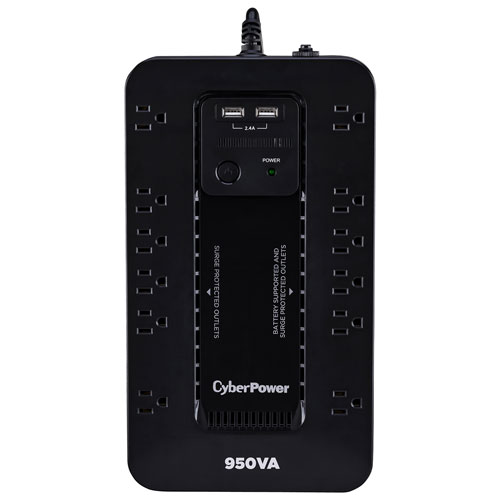
Is this technically a component of your new PC? No. Can it save your gaming investment if your house has an electrical mishap? Absolutely. A power surge from a lightning strike or sudden blackout can do terrible things to your PC. At the very least, you lose whatever you were working on at the moment the power goes out. By spending a little bit of money on a UPS, you’ll protect the gaming PC you spent so much time and care building. Check out “Why you need a UPS backup for your gaming pc” for more details.
Monitor
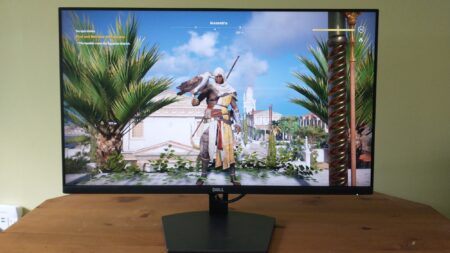
The quality of your video card will be lost on you if your monitor isn’t great. The main requirements are that it has a compatible connector for your video card, and what you have the space and budget for. You can look at a mammoth ultra-wide 40″ beast of a gaming monitor if your gaming battle station has the room and budget. You can also explore the world of multiple monitors. Most gaming graphics cards will offer enough connection options to run more than one monitor. For a look at a wild multiple monitor setup, check out “PC gaming with a three-monitor bezel-free setup”
Mouse and keyboard
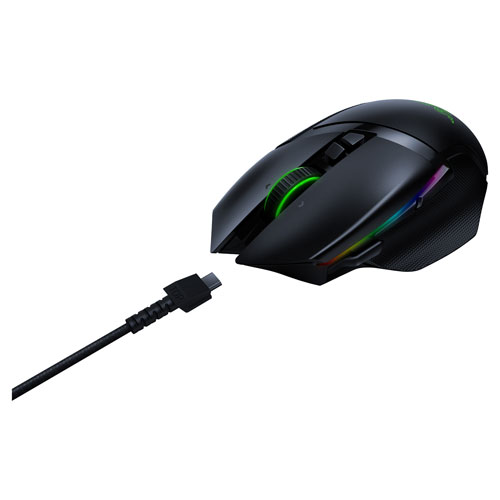
You can’t stick with the old keyboard and mouse you have laying around the house when you build your gaming PC. The mouse and keyboard are how you directly interact with everything digital, and a slow mouse leads to a poor in-game result. Your primary decision is whether you want to go entirely wireless or stay wired. There are benefits to being wire-free, like a lack of clutter. And there can also be challenges with signal interference. I used to be more concerned about interference but, having switched to a Bluetooth mouse a few months ago, I’m much more at ease with the wireless world. A mouse with programmable buttons and incredibly quick responsiveness, as well as programmable LED lights to further dazzle your gaming PC set up, can really improve your gaming success.
Audio for your Gaming PC
A higher end monitor will have built in speakers, and that might be enough for you. Or, maybe you rely on headphones for the auditory portion of the gaming experience. But since you’re building you optimal gaming PC, you should consider adding better sound equipment to your environment. A speaker system will fill the room with sound, improving your immersive gaming experience. And it will help your gaming PC serve as a multimedia PC. Your spouse may be more understanding of the cost of your gaming PC if you can give them a movie theatre experience with great visuals and thunderous sound.
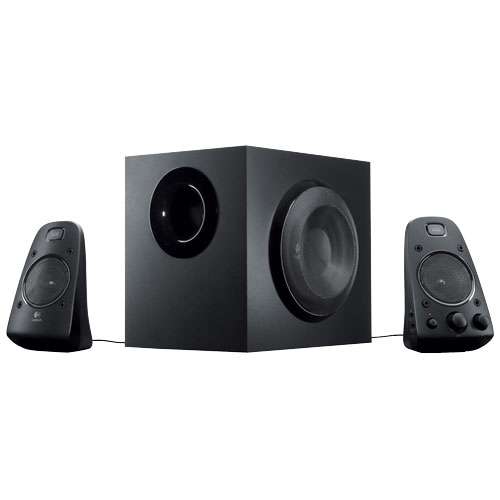
Build your very own Gaming PC
You have complete power over the components you choose for your gaming PC build, and that kind of power can be a little frightening. Keep in mind that building a gaming PC is easy and straight forward. Stick to your budget when you’re shopping and keep updating your list of questions as you’re researching your build and buying your components. It is immensely rewarding to use a computer that you assembled with your own two hands. Have some fun with it! And if you change your mind about building it yourself, the Geek Squad experts are ready to help.
images from rog.asus.com, intel.ca




